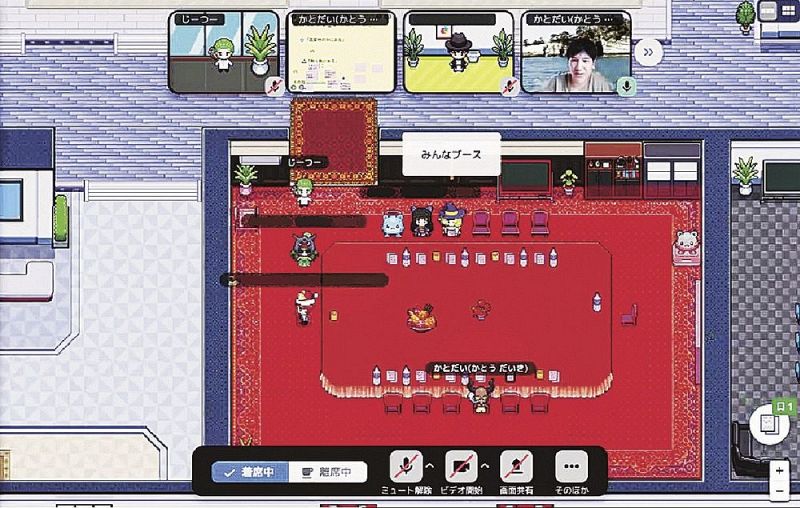In response to the rising issue of school refusal ("futōkō") in Japan, educators are considering the implementation of virtual classrooms as an alternative. These digital spaces, operating on technologically advanced platforms, offer non-attending students the chance to continue their education in a non-traditional setting. The potential benefits and challenges of this new methodology are being explored. The approach could revolutionize the way education is perceived and administered in Japan, particularly for those students who struggle with conventional schooling systems.
Truancy, or "futōkō" as it's known in Japan, is a serious issue affecting thousands of students annually. Parents, educators, and lawmakers are continually seeking ways to keep these children engaged in education. The concept of virtual classrooms represents a potential shift away from traditional, possibly inaccessible, forms of education to more inclusive and adaptable alternatives. The public is largely receptive to this innovative approach as long as the students' psychological well-being is maintained.
In contrast, the US and EU have already begun integrating digital education strategies into their systems, particularly as a response to COVID-19. While these Western cultures are certainly dealing with their own forms of truancy, the virtual classroom is more of a normalized and available tool. This strategy's success in Japan could influence further global acceptance of online and alternative educational formats.

